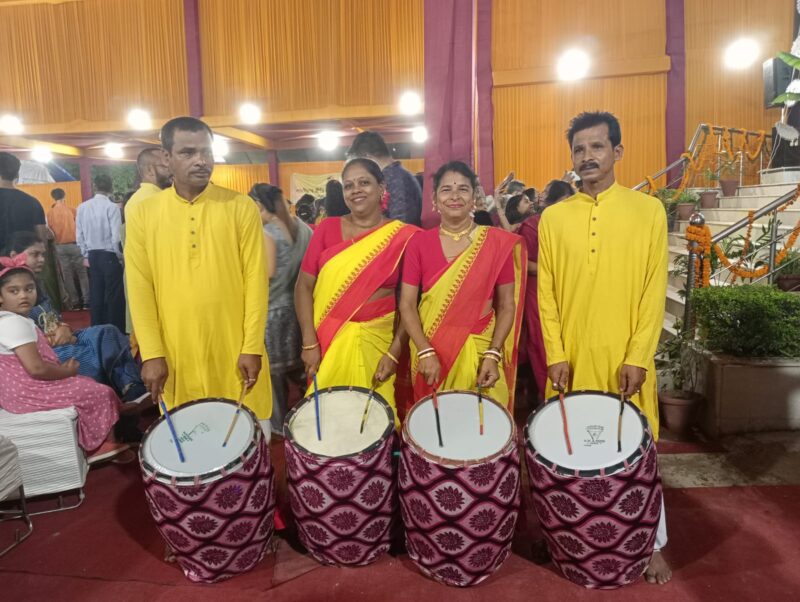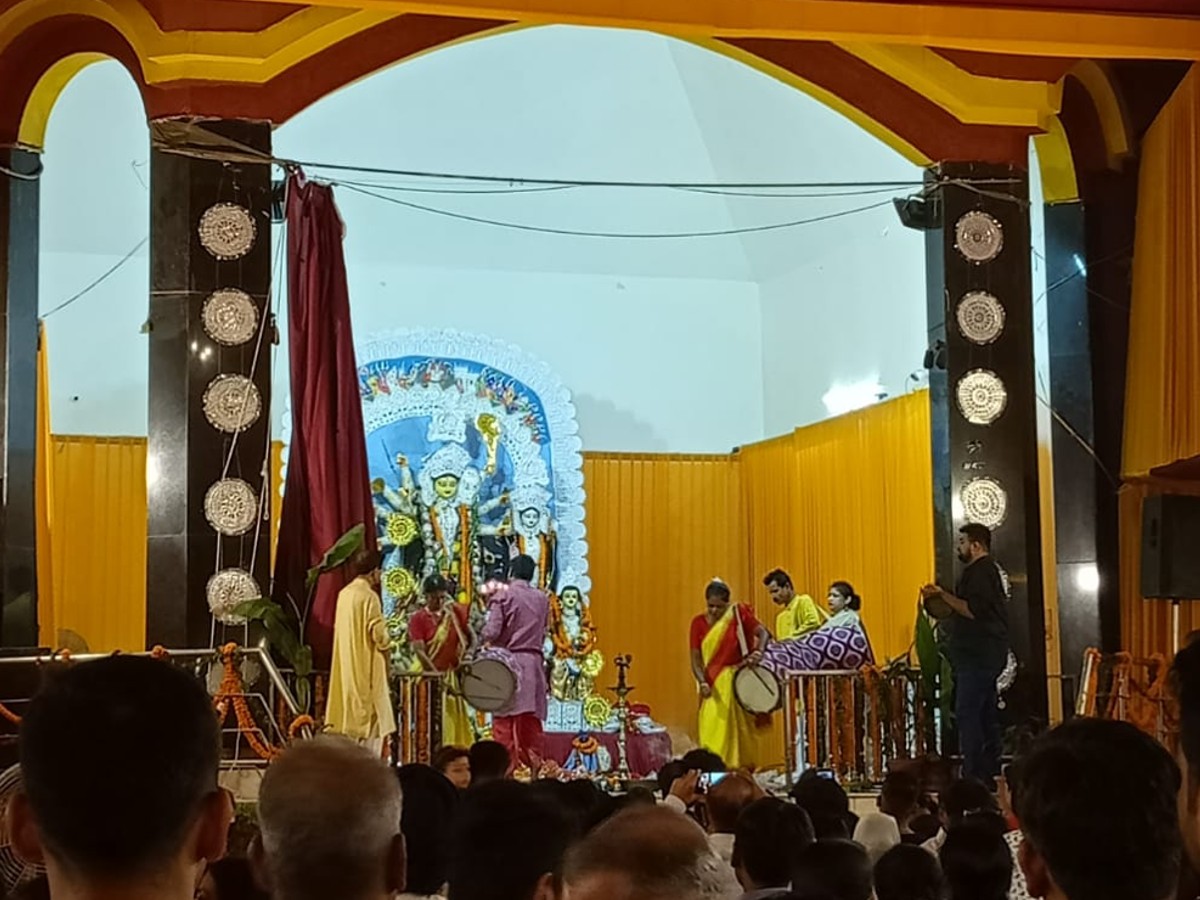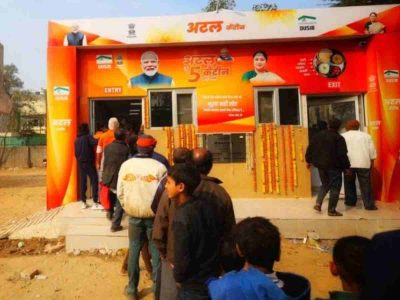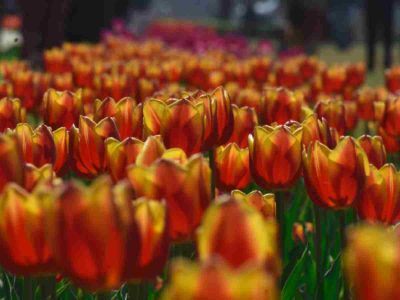Atop a hillock, the Dakshin Kali Bari Durga Puja mesmerized visitors with an unusual sight of women playing the quintessential dhaak (the Bengali drum central to the festival).
Clad in red border-yellow saree, two women climbed the stage with their dhaaks hanging from one shoulder, taking their position beside their fellow male counterparts.
They are part of the same team of dhaakis who travel to Delhi all the way from West Bengal’s North 24 Parganas every year to set the beat for the festival at the Kali Bari Durga Puja in RK Puram.
Durga Puja is synonymous with the beat of the dhaak, without which, the festival is incomplete. Those who play the quintessential instrument are known as dhaakis.
The dhaak is a huge membranophone instrument that people hang around their necks and play with two thin sticks to infuse the frenzied rhythm into listeners.
“We are a team of 150 musicians who travel to places, mainly across Bengal, to play various instruments such as Kalash (a metal or earthenware jar or a pitcher used for holding water), Shanai (shehnai), different types of Dholaks, etc.,” says Anjana Nandi, who is also one of the handful female shehani players.
Also read – Durga Puja: Vibrant celebrations return after 2 years as people throng pandals in Delhi
Nandi has been into music since she was a toddler. “I used hum with my aunt in my aunt’s lap as a baby. Music is in my family and I have properly trained in it for 25 years,” she says.

Karuna Pal (L) and Anjana Nandi (R)
Meanwhile, Karuna Pal has been trained by the group in the past five years and since then she has made constant appearances wherever the team has travelled. “They (Nandi and team) spotted me at an event and trained me. Later, they made me a part of their team,” Pal says.
Captivating their audience with their extraordinary music brings them the joy that pacifies the part that longs to be with their families at the time of festivals. “We are travelling on festivals almost always. Hardly ever do we stay back and spend holidays with our families. But music keeps our hearts full and when we see that the audience is mesmerized by our performance, we want to do more,” 45-year-old Nandi says.
However, amid all the appreciation, the dhaakis believe that the Puja Pandals in Delhi “could do much more for the poor”. “There is very little reward for the poor here in these pandals. It’s just the payment for the performance that we receive here and nothing else. Usually, back home, we are really celebrated and bestowed with gifts such new clothes, sweets, etc. Here, all these practices are absent. It’s quite odd,” Nandi says.
On Ashtami night, Nandi played the dhaak, standing upright and balancing on top of two dhaaks. “Tomorrow, we are set to perform with the Kalash. We will balance the Kalash on our heads and play the dhaak,” Nandi says.
The balancing performance took five years to excel. “At home, we practice with pillows while we are doing the household chores. We wake up around 5 in the morning every day so that our practice remains unhindered by household work,” Pal says.
Follow us on:
Instagram: instagram.com/thepatriot_in/
Twitter: twitter.com/Patriot_Delhi
Facebook: facebook.com/Thepatriotnewsindia





